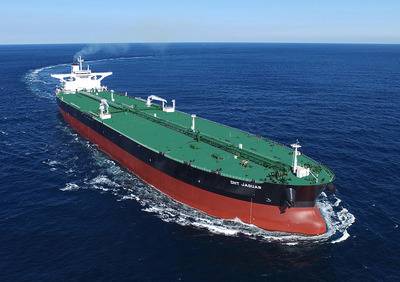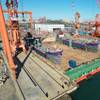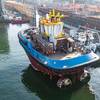2016 a Busy Year for VLCC Deliveries - BIMCO
When it comes to delivering brand new VLCCs from shipyards in South Korea and China to owners and investor across the globe, 2016 is off to a flying start. Six new VLCCs were delivered in a strong winter market. Having reduced slightly, since the turn of the year, VLCC average earnings currently sit at $50,000 per day, in early February, reports BIMCO.
For the full year, an additional 58 VLCCs are scheduled for delivery, but delays and postponements usually decrease that number to a certain degree. Taking that into consideration, BIMCO expects 37 VLCCs to be delivered during the final 11 months of 2016. South Korean shipyards will provide the lion’s share of these newbuilds.
“We have consistently expected 2016 to be a year of rising supply pressure in the crude oil tanker sector,” said Peter Sand, Chief Shipping Analyst at BIMCO.
“We have seen six VLCCs delivered in January, the most since November 2014,” Sand said. “BIMCO expects the highest inflow of new VLCC capacity to come into the market during the first and the fourth quarter. The same pattern is projected for suezmax and aframax crude oil tankers.”
After three years of low but very healthy crude oil tanker fleet growth with an annual average of 1.5 percent from 2013 to 2015, BIMCO forecasts a fleet growth of 4.3 percent for the crude oil tankers in 2016. The biggest share of that growth is set to be within the VLCC segment. Demolition activity in all crude oil tanker segments is foreseen to be fairly low at 5 million DWT, higher than the 1.4 million DWT scrapped in 2015, but lower than in all the years since 2008, buoyed by strong markets.
The VLCC fleet currently consists of 654 tankers out of which 72 were built before 2000. Those 72 tankers represents 10.7 percent of total VLCC capacity. Average year of build for the fleet is 2006.
“The rise of crude oil transport capacity- stemming from the introduction of new modern tankers -being delivered into the active fleet is likely to result in a four-year high fleet growth rate in 2016,” Sand said.
“BIMCO expects crude oil tanker demand in 2016 to grow by 2.5-3.5 percent depending on developments in the oil price, refinery throughput, global oil supply, geopolitical tensions and inventory changes.”
“Overall, we expect supply side growth to outstrip demand side growth in 2016, resulting in downside pressure on spot and time-charter rates for crude oil tankers.”















